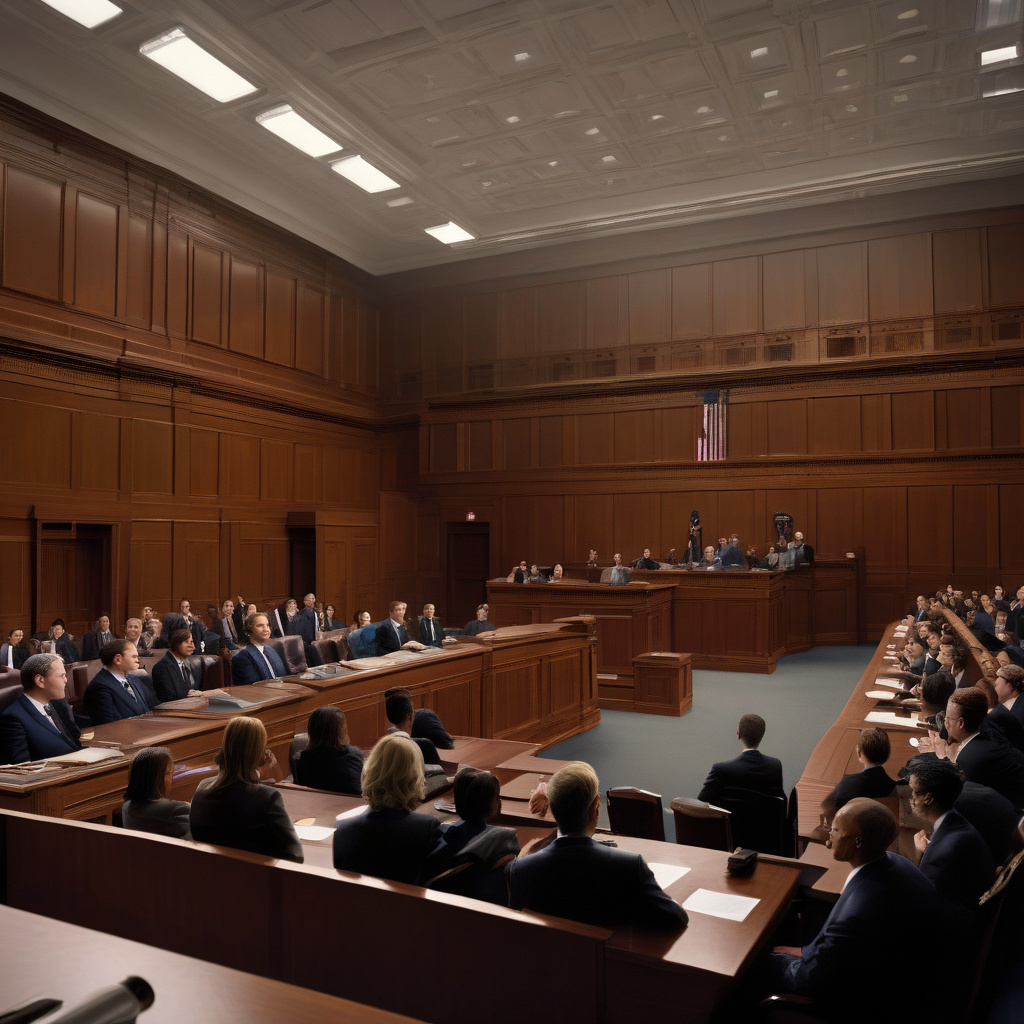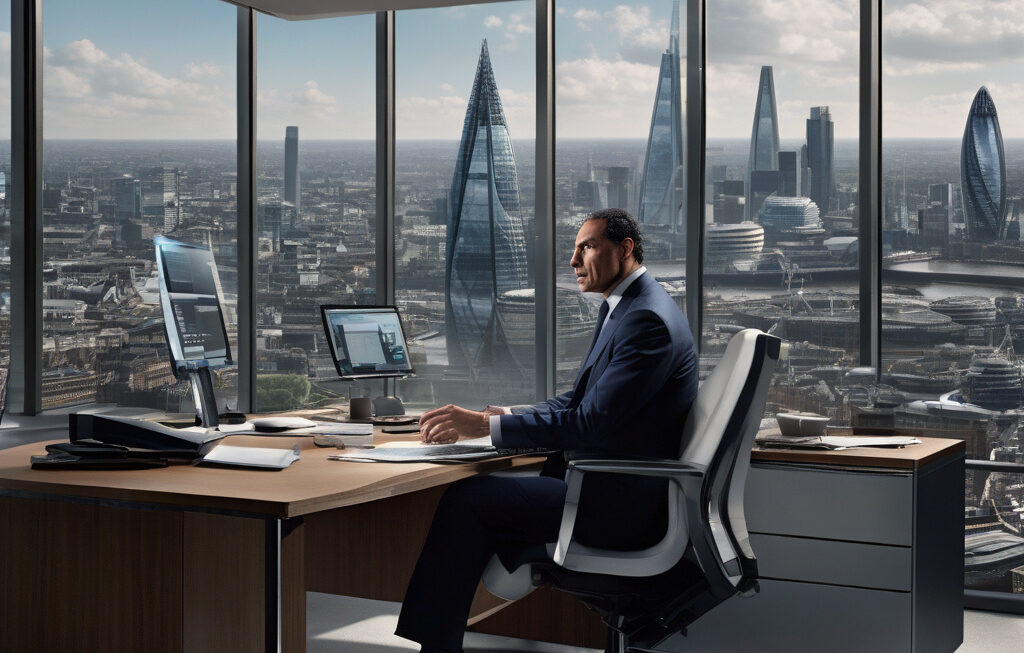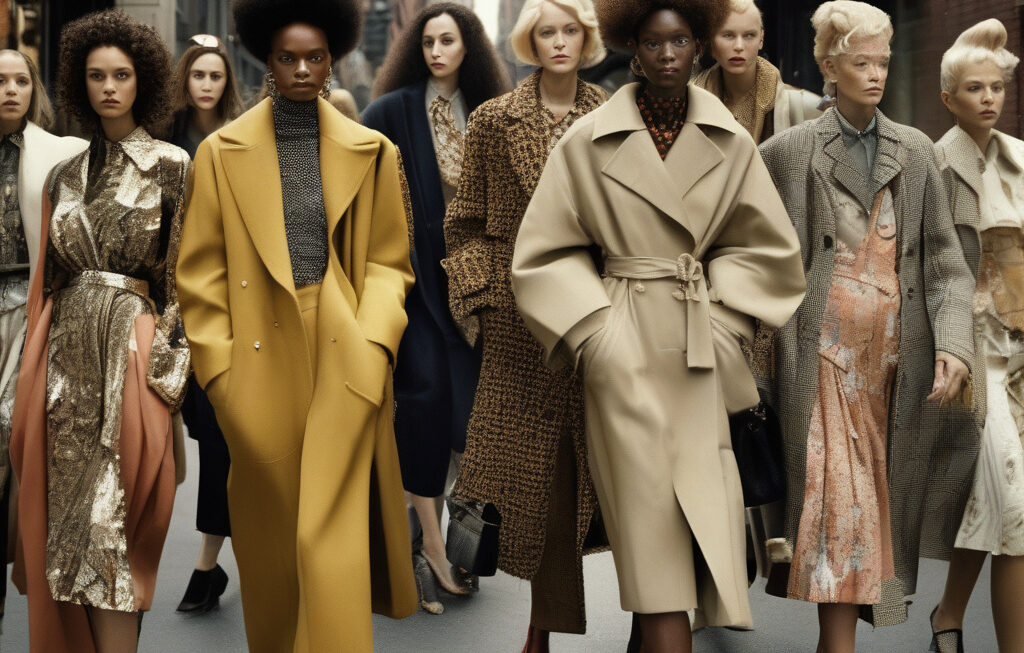Zuckerberg testifies as FTC pushes to unwind Meta’s Instagram, WhatsApp acquisitions
Meta CEO Mark Zuckerberg took the stand on Monday in the Federal Trade Commission’s landmark case aiming to roll back the tech giant’s acquisitions of Instagram and WhatsApp. The FTC’s move to unwind these purchases underscores the increasing scrutiny that big tech companies face over their acquisition strategies and market dominance.
The acquisition of Instagram in 2012 for $1 billion and WhatsApp in 2014 for $19 billion were pivotal moments for Meta, then known as Facebook. These acquisitions not only eliminated potential competitors but also expanded Meta’s user base and data collection capabilities significantly. However, the FTC now argues that these acquisitions were illegal and anti-competitive, aiming to restore competition in the social media and messaging markets.
During his testimony, Zuckerberg defended Meta’s acquisitions, stating that both Instagram and WhatsApp have thrived under Meta’s ownership. He highlighted how Instagram grew from 30 million users to over a billion and how WhatsApp’s user base expanded after the acquisition. Zuckerberg emphasized the investments Meta made in both platforms to enhance user experiences and security, suggesting that unwinding the acquisitions would harm these services and their users.
The FTC, on the other hand, contends that Meta’s acquisitions stifled competition and innovation in the social media and messaging sectors. By rolling back these acquisitions, the FTC aims to create a more level playing field for smaller competitors and prevent tech giants from dominating multiple markets. This case exemplifies the ongoing debate around the power and influence of big tech companies and the need for regulatory intervention to ensure fair competition.
If the FTC succeeds in unwinding Meta’s acquisitions of Instagram and WhatsApp, it could have far-reaching consequences for the tech industry. Other major tech companies that have grown through acquisitions could face similar challenges, leading to a shift in how acquisitions are approached and regulated in the future. Additionally, the outcome of this case could set a precedent for future antitrust actions against big tech firms, signaling a tougher regulatory environment ahead.
Regardless of the final ruling in this case, one thing is clear – the era of unchecked tech acquisitions may be coming to an end. As regulators worldwide scrutinize big tech companies’ business practices more closely, the landscape of the tech industry is likely to undergo significant changes. Whether these changes will benefit consumers, competitors, or the tech companies themselves remains to be seen.
In conclusion, Zuckerberg’s testimony in the FTC’s case against Meta’s acquisitions of Instagram and WhatsApp marks a critical moment in the ongoing debate over tech industry regulation and competition. The outcome of this case could reshape the tech industry’s acquisition landscape and set the tone for future regulatory actions against big tech firms. As the proceedings unfold, the tech world watches closely to see how this landmark case will impact the future of competition and innovation in the digital age.
tech, regulation, competition, acquisitions, innovation












